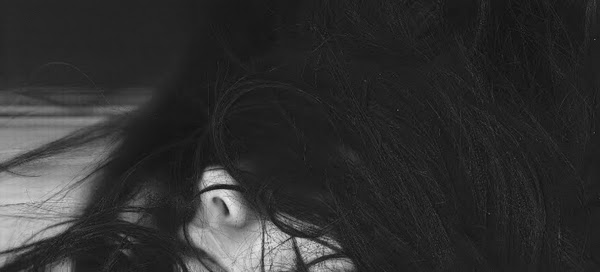Class Assignment
In the last article I read, there were many people who wanted the bones of the slaughtered to be respectfully burried, instead of being out in the open, in the exact states they were when they were first slaughtered. The author of the article used various techniques to highlight the tragedy, one of the most prominent, being the description of the victims. In one bit he referred to a child who had a split in his skull; most likely from the blow of a machete. In another he referred to a woman who was kneeling on the ground covering her head, as she had been when she had first been attacked. In the Children of the Genocide, the article referenced the Children, who had been most affected by the violence they were forced to live through. At least half a million had been killed and over two million people had been forced to run away. The Author creates a sense of darkness by referring to the Children as his main focus in the piece. It creates a sense of disgust and evil, when you think about what kind of people would endanger innocent children. It also creates a parallel emotion, of sympathy, for these people who don't know how to recognize the value in human life, Or who are faced with such devastating living conditions, that their own lives take the number on priority. "These children were faced with having to deal with feeding themselves, clothing themselves, whether they went to school or not and just determining their own future," said Lizanne McBride, the deputy director of programs for the International Rescue Committee in Rwanda.
